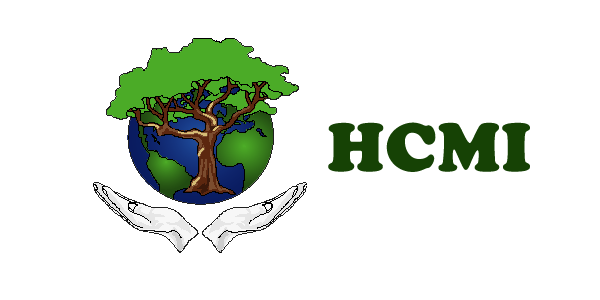Large Intestine Support Remedy
 The large intestine, also called the bowel or colon, was named due to its diameter being greater than that of the small intestine. The colon, which is 5-8 feet long, connects the small intestine with the rectum and anus. The major function of the colon is to absorb water, nutrients, and salts from the partially digested food that enters from the small intestine. Two pints of liquid matter enter the colon from the small intestine each day. Stool volume is a third of a pint. The difference in volume represents what the colon absorbs each day.
The large intestine, also called the bowel or colon, was named due to its diameter being greater than that of the small intestine. The colon, which is 5-8 feet long, connects the small intestine with the rectum and anus. The major function of the colon is to absorb water, nutrients, and salts from the partially digested food that enters from the small intestine. Two pints of liquid matter enter the colon from the small intestine each day. Stool volume is a third of a pint. The difference in volume represents what the colon absorbs each day.
The contraction of the colon muscles and the movement of its contents are controlled by nerves, hormones and electrical activity in the colon muscle. A portion of these impulses come from the Brain, but the majority rely on abdominal movement to work well. Contractions called peristalsis move the contents in the colon slowly back and forth, then toward the rectum. During this passage, water and nutrients are absorbed into the body. The remnants are stool. A few times each day, strong muscle contractions move down the colon, pushing the stool ahead of them. Some of these strong contractions result in a bowel movement. The muscles of the pelvis and anal sphincters have to relax at the right time to allow the stool to be expelled. A normal, healthy large intestine should have at least one bowel movement every day or it is considered constipation (although your medical doctor was not taught this fact).
The appendix is located near the junction of the small intestine and the large intestine. It is rich in cells that help fight infection and keep good bacteria in the colon nourished. It is much more important that modern medicine gives it credit for.
Fun Facts
- You should have a bowel movement once for every meal eaten.
- If your feces smells, you may be eating too much meat, the wrong foods, or have bacterial issues.
- If you are eating enough fiber, your feces should float in the toilet.
Health Conditions
- Appendicitis represents an inflamed or infected appendix.
- Constipation is when the bowels do not move waste out.
- Crohn's disease, also known as ileitis, is an inflammation of the small and/or large intestine.
- Diarrhea is characterized by loose, watery bowel movements.
- Diverticulosis is a condition marked by alternating constipation and diarrhea.
- Flatulence, or intestinal gas is the result of fermentation in the intestine.
- Hemorrhoids occur when the colon is unhealthy and there is a history of constipation.
- Hirschsprung's disease occurs when some of the nerve cells that are normally present in the intestine do not form properly while a baby is developing during pregnancy.
- Intestinal polyps are abnormal growths that may occur anywhere in the GI tract.
- Irritable bowel syndrome (IBS) is marked by an abnormally active, even spastic, lower bowel.
- Proctitis is an inflammation of the rectum.
- Ulcerative colitis is an inflammation of the colon which produces ulceration of the inside wall.
Suggestions To Strengthen
- Drink plenty of water.
- Eat plenty of fiber, the best source is generally from raw vegetables.
- Exercise, remember the colon is a muscle and needs activity.
- Make sure bowels are regular, or start taking IC-1.
- Express how you feel, holding on to things is unhealthy for the colon.
